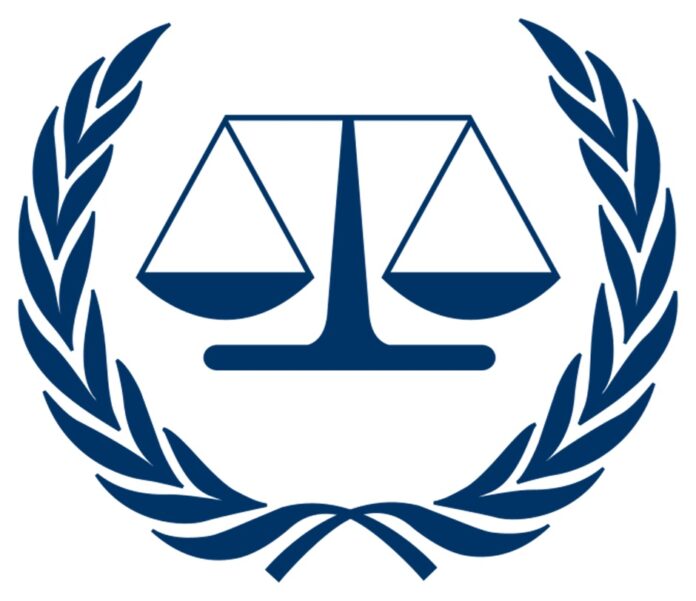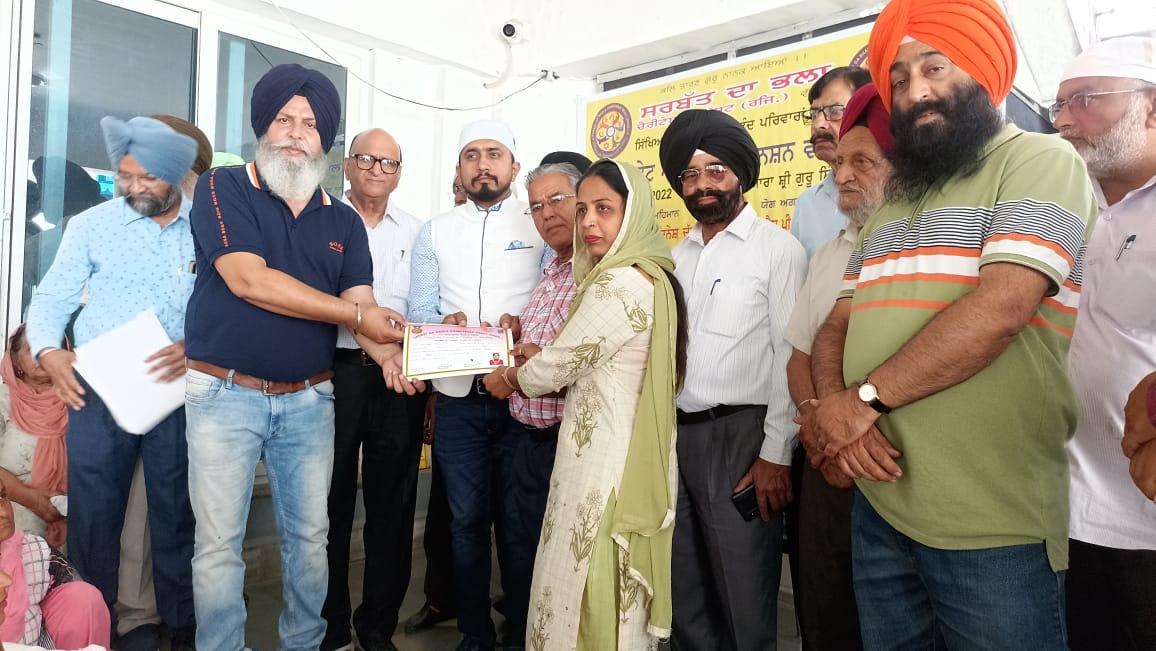World Day for International Justice and India’s Legal Reforms: A New Era for Accountability-Puri
Jaswant Singh Puri July 17,2024
As the world observes World Day for International Justice on July 17th, India stands at a pivotal juncture in its legal history. This year marks not only the celebration of international justice mechanisms but also a significant overhaul of India’s legal framework. The Indian government has announced the replacement of the Indian Penal Code (IPC) of 1860, the Code of Criminal Procedure (CrPC) of 1973, and the Indian Evidence Act of 1872 with the Bharatiya Nyaya Sanhita, the BharatiyaNagrik Suraksha Sanhita, and the BharatiyaSakshyaAdhiniyam, respectively. These sweeping reforms reflect India’s commitment to modernization, justice, and the protection of human rights.
A Historical Context
World Day for International Justice commemorates the adoption of the Rome Statute on July 17, 1998, which established the International Criminal Court (ICC). The ICC headquartered in The Hague, Netherlands aims to prosecute individuals for genocide, crimes against humanity, war crimes, and the crime of aggression. World Day for International Justice underscores the importance of international mechanisms in prosecuting severe crimes and promoting global accountability.This day underscores the importance of global efforts to combat impunity and uphold justice. Similarly, India’s legal reforms represent a crucial step towards aligning its legal system with contemporary needs and international standards.
The New Legal Codes
Bharatiya Nyaya Sanhita: This new code replaces the archaic Indian Penal Code of 1860. The Bharatiya Nyaya Sanhita aims to modernize the penal laws, making them more relevant to current societal norms and challenges. It introduces clearer definitions and stricter penalties for crimes such as human trafficking, sexual violence, cybercrimes, and organized crime. By updating the penal code, India aims to provide stronger legal protections and ensure that justice is served for the most severe offences.

Bharatiya Nagrik Suraksha Sanhita: Replacing the Code of Criminal Procedure of 1973, this new code focuses on enhancing the efficiency and effectiveness of the criminal justice process. It introduces streamlined procedures for investigation, trial, and sentencing, reducing delays and ensuring timely justice. The Bharatiya Nagrik Suraksha Sanhita also emphasizes the rights of victims and witnesses, providing better support and protection throughout the legal process. These reforms are in line with international best practices, reflecting India’s commitment to upholding the rule of law and protecting human rights.
Bharatiya Sakshya Adhiniyam: This new evidence law replaces the Indian Evidence Act of 1872. The Bharatiya SakshyaAdhiniyam modernizes the rules of evidence, incorporating advancements in technology and addressing contemporary issues such as digital evidence and forensic science. By updating the evidence law, India aims to ensure that trials are fair, transparent, and based on reliable and relevant evidence.
Challenges and the Way Forward
Implementing these comprehensive legal reforms poses significant challenges. Ensuring the effective execution of the new codes requires coordination among law enforcement agencies, the judiciary, and legal practitioners. Training and capacity-building initiatives will be essential to familiarize stakeholders with the new legal provisions and procedures. Public awareness campaigns are also crucial to educate citizens about their rights and the changes in the legal framework.
Conclusion
World Day for International Justice and India’s legal reforms highlight the importance of global and national efforts in promoting justice and accountability. The replacement of the IPC, CrPC, and the Indian Evidence Act with the Bharatiya Nyaya Sanhita, BharatiyaNagrik Suraksha Sanhita, and Bharatiya Sakshya Adhiniyam marks a new era in India’s legal system. These reforms demonstrate India’s commitment to modernizing its laws, protecting human rights, and upholding the principles of justice. As we observe this significant day, let us reaffirm our dedication to justice and work towards a future where accountability and the rule of law prevail both globally and within our borders.

NOTE: The views expressed are personal. This article is dedicated to Smt. Alka Puri, wife of Dr. Ajit S. Puri and mother of Jaswant Singh Puri.













